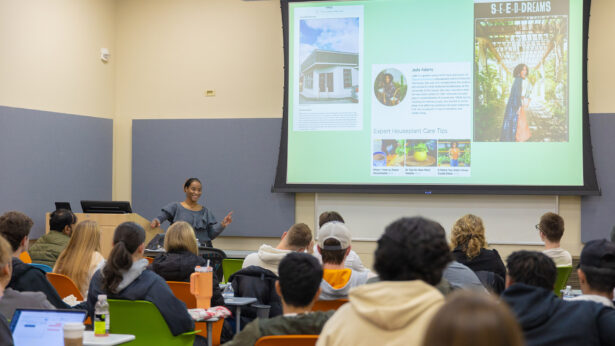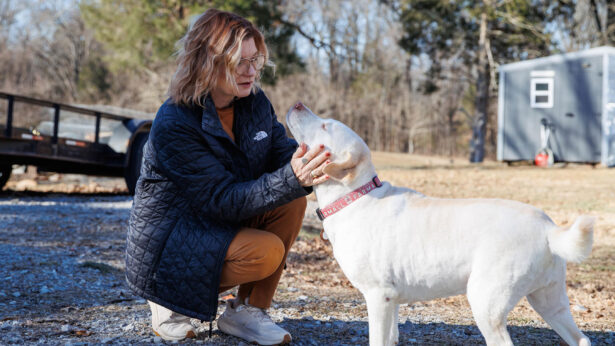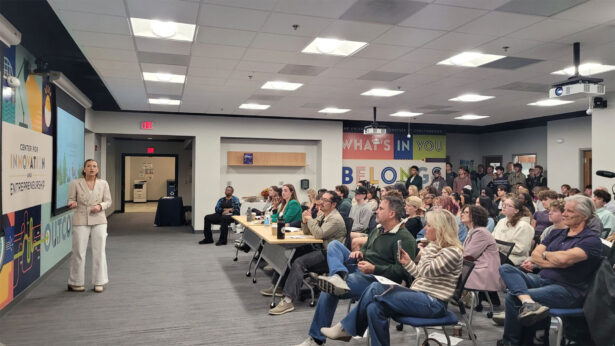By Jennifer Sicking | Photos by Adam Brimer
David Platillero lay in his bed, mentally willing first his right foot, then his left foot, to move. As he had for days and weeks. In physical therapy. Lying in his bed. In the quiet hours.
Both feet remained stubbornly still.
His feet and legs stopped receiving the messages to move on April 27, 2016, when a car driven by a distracted driver slammed into Platillero as he rode a bicycle on a Nashville street.
Platillero, known in the music world as David Francisco, graduated in 2014 from UT Knoxville with a degree in engineering. But, in college, music had ignited his soul. He and a friend formed a band; then he began producing music. He recorded a CD. To further hone his skills, he enrolled in the Blackbird Academy in Nashville to study studio engineering. Mere days into his studies, as Platillero pedaled home, the car struck him—throwing him into its windshield, then flinging him back through the air. He crashed onto the pavement and into a new life.
A life that came with spinal surgery.
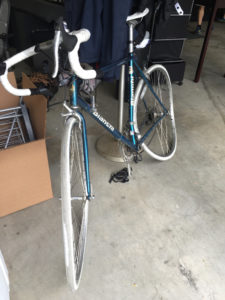
After inserting two rods held by eight screws into his back, doctors said he would not walk again and that neurological recovery was unlikely—though his spinal cord had not been completely severed. Ten days after the surgery, Platillero transferred to Shepherd Center in Atlanta for rehabilitation and to learn to live again in a new reality.
His parents, John (Knoxville ’88) and Mitzi (Knoxville ’87), moved from Knoxville to Atlanta for the first month of David’s rehabilitation, spending the day with him as he went to physical therapy and occupational therapy. “Literally, I felt like I was being tortured,” John says of the overwhelming sense of helplessness watching his son struggle with the physical pain. And the once-easy tasks of life. And the death of dreams: of a music career, a wife and a family.
Every day for months, David cried.
Yet, in his pain, David chose not to live in sorrow and regrets, not to dwell in bitterness.
“Bad things happen. You choose your response to it, whether or not it feels fair,” David says. He chose to forgive the driver who hit him.
Blackbird officials called to tell him they wanted him to return when he was able. That gave him a purpose as
he went to rehabilitation daily, learning new ways to cope with a lower body that had ceased to ride bikes, kick soccer balls, to walk. During breaks and at night, he lay in bed, persistently willing his feet to move.
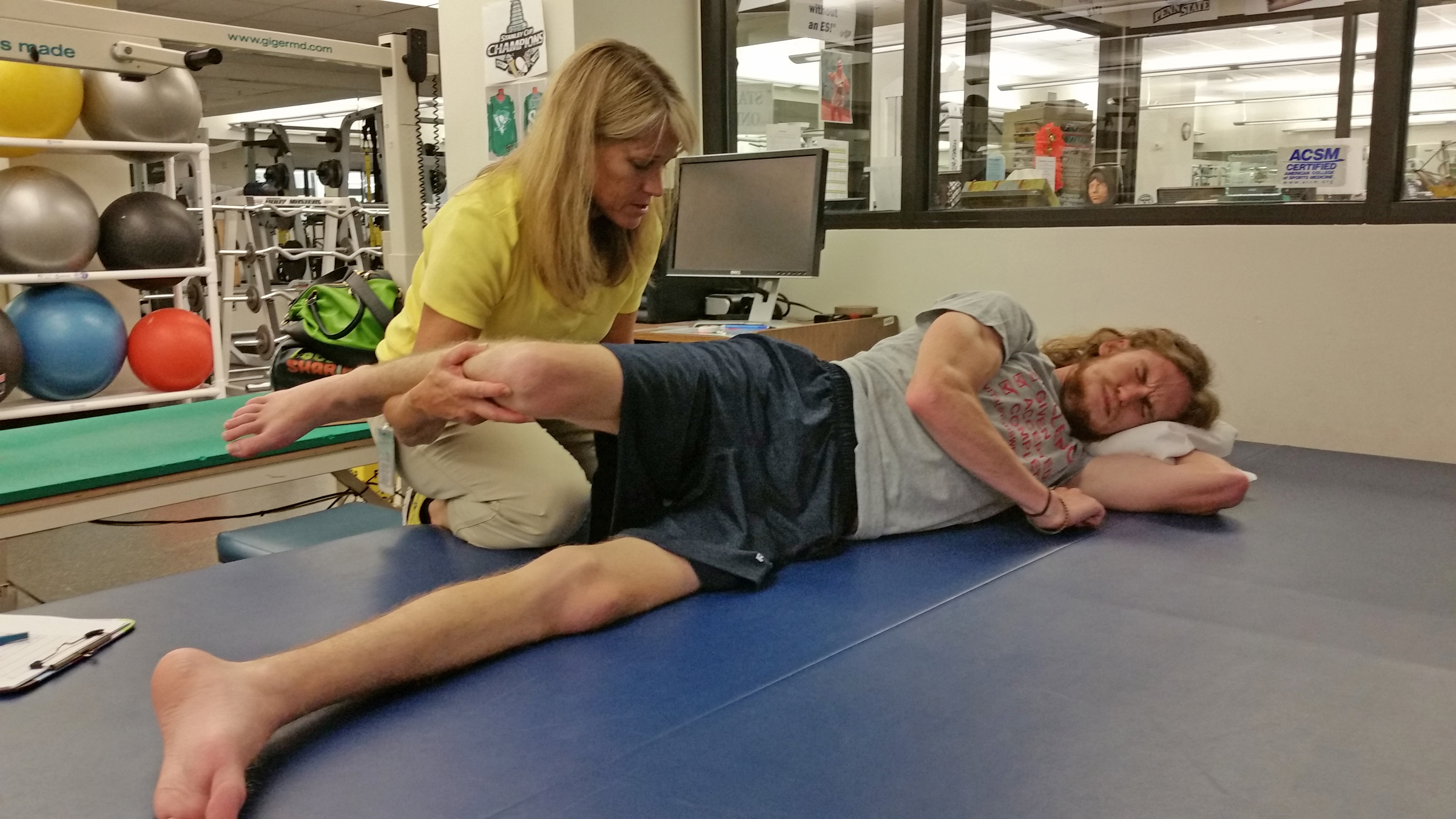
Almost four weeks after the accident, one night after his parents left, David again lay urging his feet to move, when he thought he saw his left toe twitch, a movement of the merest millimeter. Unable to trust his eyes, he called his parents: “Dad, I think I moved my toe.” They ran from their hotel room, across the street and into
the rehabilitation center. They watched as David’s toe flickered. They called in a nurse, who confirmed the toe moved that breath of a stirring.
That breath birthed hope.
All of those thoughts, that mental focus, helped rebuild neurological pathways along his injured spine and motivated him to continue on the rocky recovery road that offered hope but no guarantees he would walk. He learned to transfer from a bed to a wheelchair, to navigate the chair. Gradually, his spine continued to heal, and he learned to stand again, then to put one foot in front of another. Now, he walks with the help of forearm
crutches. Other unseen damages remain, leaving him without bowel or bladder control.
“With spinal injuries, there’s so much that’s unknown,” John says.
After eight months of therapy, David walked, with the aid of forearm crutches, into Blackbird in January
2017 to resume his studies. In June 2017, he graduated from Blackbird.
“If I had not made my choice, I wouldn’t be where I am. I am not a victim,” David says.
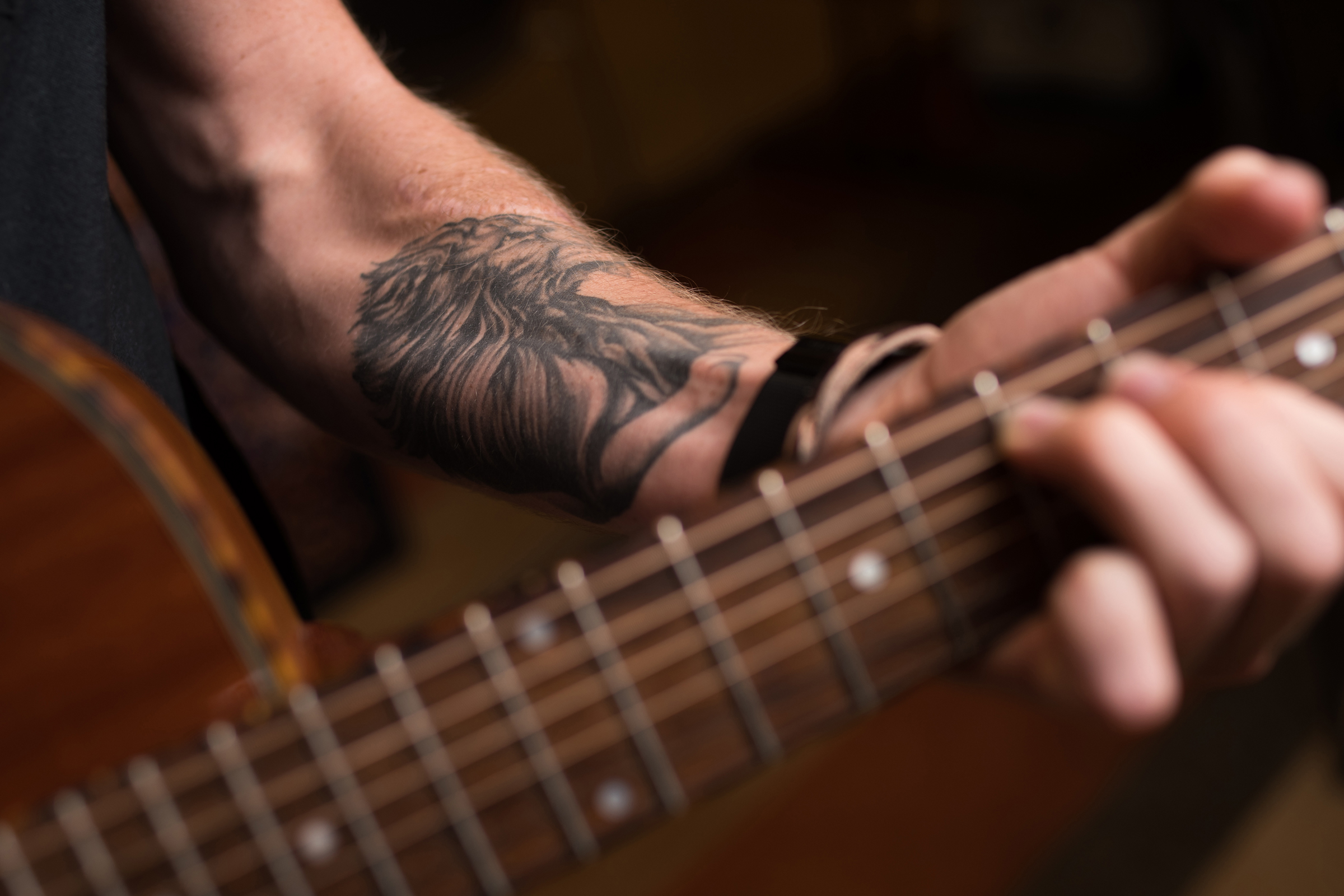
While David worked on his rehabilitation, a California woman was listening to his CD daily to help her heal from the painful end of a long-term relationship.
During a trip to Tennessee to attend a wedding, Kristi Wilhelm had met David through a mutual friend before
he moved to Nashville, and that friend had given her David’s CD. As she listened to his songs of heartbreak and hope, her mother told her, “You need to find a guy who speaks the words like this one does.”
A dancer at Disneyland, she wanted to write to encourage him in his pursuit of his music career. But she didn’t. Then she found out about David’s accident and picked up her pen. She wrote the letter encouraging him in his career and followed it with another letter encouraging him in his rehabilitation.
“It was really sweet,” David says. “It really stuck out from all the letters I received.”
In August 2016, David traveled to Los Angeles to attend the Pensado Awards, given to producers, songwriters and
others who work behind the scenes in the music industry. David was honored for his courage and was the recipient of $10,000 to help pay for his rehabilitation.
While there, he arranged to meet Wilhelm for coffee.
“When he was rolling out in his wheelchair, I thought, ‘Oh crap, I forgot how cute he was’,” Wilhelm says with a laugh about that meeting. Three hours of conversation later, she agreed to join David and his family in September for a music festival in San Diego. At the festival, when David wanted to stand to see the musicians better, Wilhelm stood and supported him on one side and his father on the other. Once, his father slipped away, and Wilhelm stood alone supporting David.
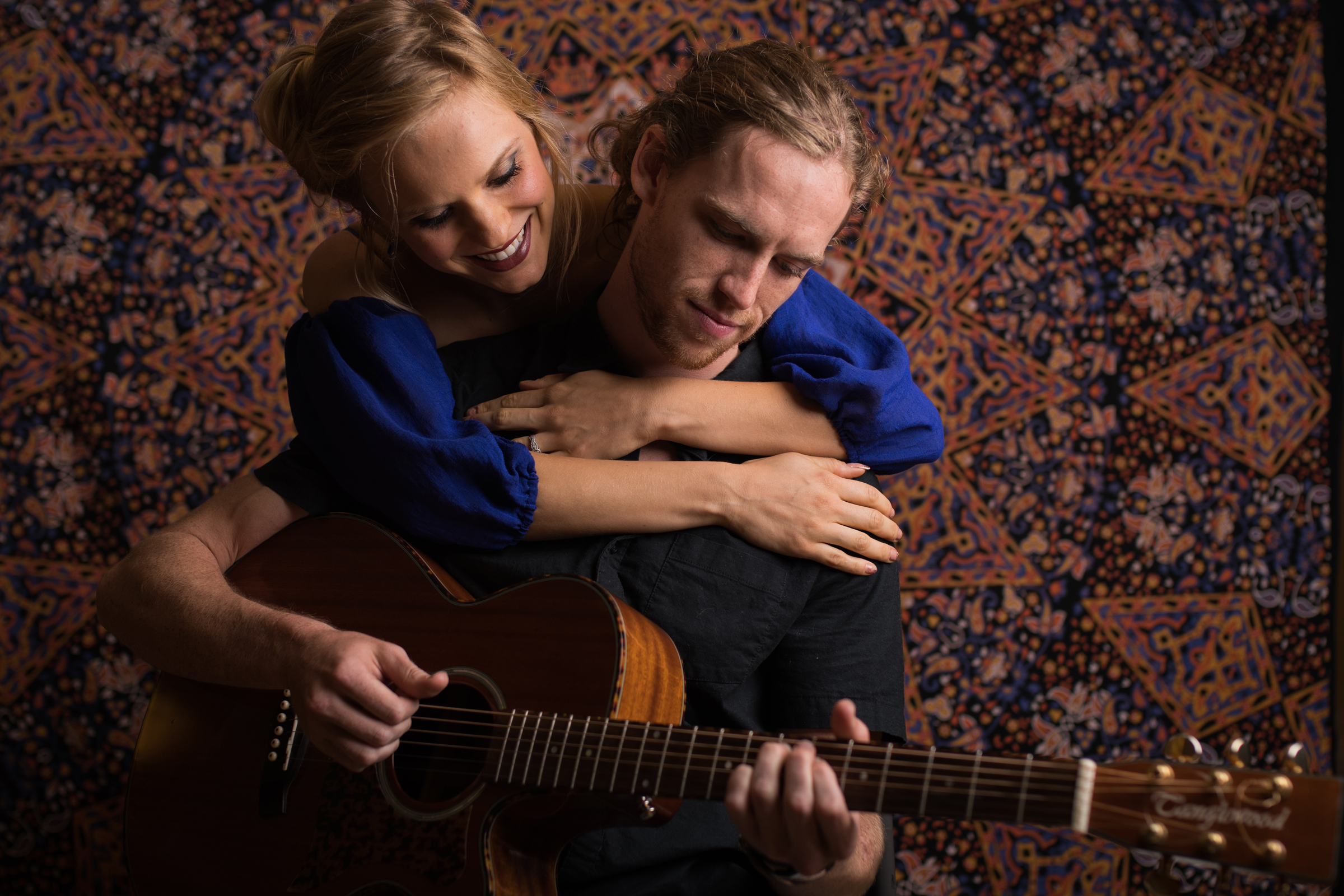
They continued to talk every day, traveled to see each other every month. That fall, in 2016, after Wilhelm arrived in Knoxville, David asked if he could sing a song he wrote, “She Makes Me Want to Sing.”
“She doesn’t see my weakness/She sees a fighter/She doesn’t see my prison walls/She sees an open field,” he sings in one verse.
In July 2017, the couple became engaged; they plan to marry Feb. 16, 2018.
“This is the best journey of our lives so far, and we’ve only just begun,” Wilhelm says.

Before the accident, David thought he would work as a music producer. Now, he still wants to work as a producer,
but he also has found his voice in music, writing songs born from the experience.
“It’s given me a story,” he says. “One of the most powerful things you have as a performer is a having a story to tell.”
And he’s using that story to encourage others who find themselves in new lives as well.
“Nothing that came from the accident would have happened before,” Wilhelm says. “The tragedy that broke him, built him.”
As he looks back over the days and months, the lows since the accident, the struggle re-learning to walk, the
highs of performing with country music star Martina McBride and opening for The Voice winner Chris Blue to his engagement to Wilhelm, David says, at the low points, he thought those dreams had vanished. Instead, the broken life became a musical mosaic.
“Redeemed,” he says. “My story is one of broken things being used for even greater things.”

